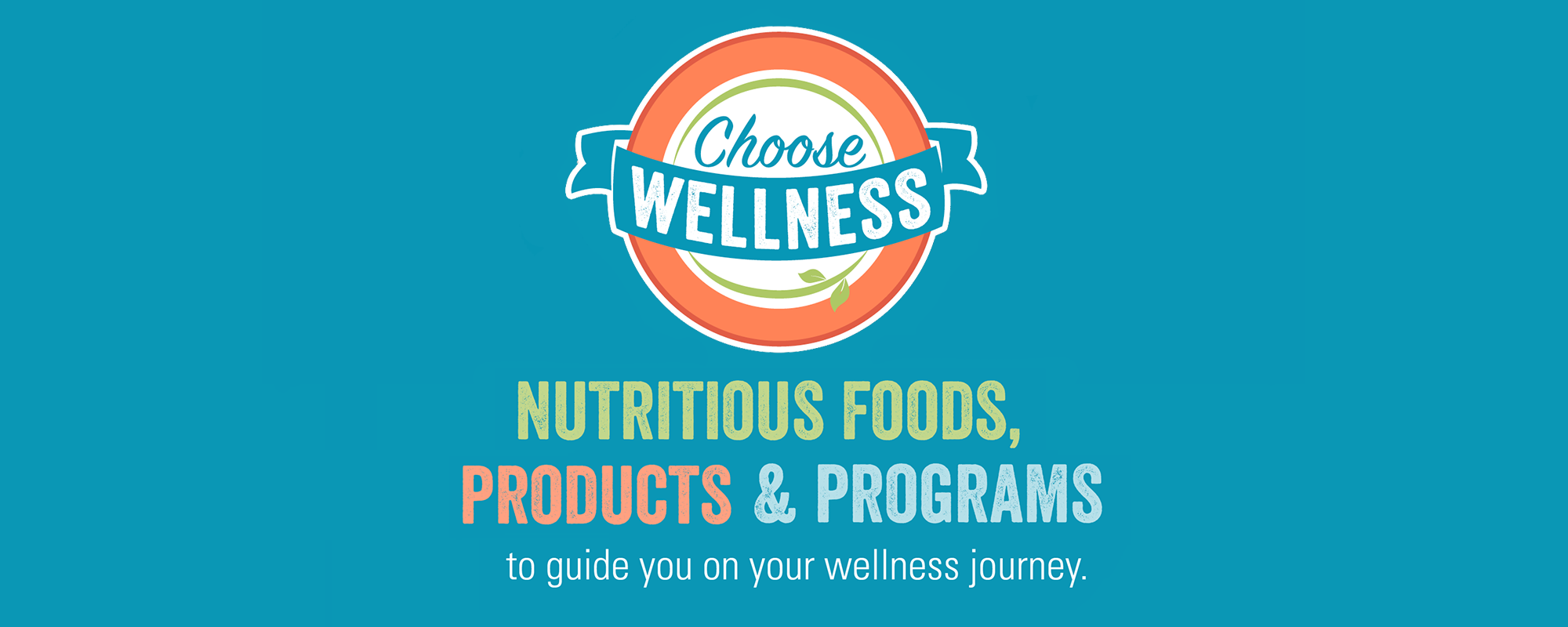Here are some tips on resolutions to avoid and how to set yourself up for success:
Find more alternative tips at www.LetsChooseWellness.com!
Avoid: Making the general statement, “I want to eat healthier”, but not
knowing what that means or how that looks. For success: Review your
eating habits, or talk to a Registered Dietitian or your doctor to make a
plan. Start slow with one or two habits you can change to move toward a
healthier way of eating that will stay for the long term. Examples: Limit
soda to one can a day (if you typically have multiple), try adding a fruit or
vegetable to each meal, or set a goal to eat three whole grain foods a
day.
Avoid: Having a vague exercise goal. For success: Make a choice of
where you can start on a path of daily exercise and work toward a long-
term goal. If you currently do not exercise regularly, start slow. Make
your first goal to exercise 2-3 times a week and the work up to 5-7 times
a week. Start with a small workout first and then add on minutes. Make
sure to find something that is fun, and choose a variety of exercises. Go
for walks (with a friend or your dog), join a gym, try a free fitness app on
your phone, or take up a new sport like golf or swimming. The goal is to
get moving and the more you start to feel better, the more you will want
to keep going!
Avoid: Making too many resolutions that you won’t be able to keep. For
success: Remember that health is a year-round, long-term journey. Start
with small obtainable goals or habits to change and as those become a
normal part of life, then you can add more goals.
Remember, if you encounter a setback, don’t stop working toward your goal.
Make a fresh start the next day and keep reaching for your goals!




